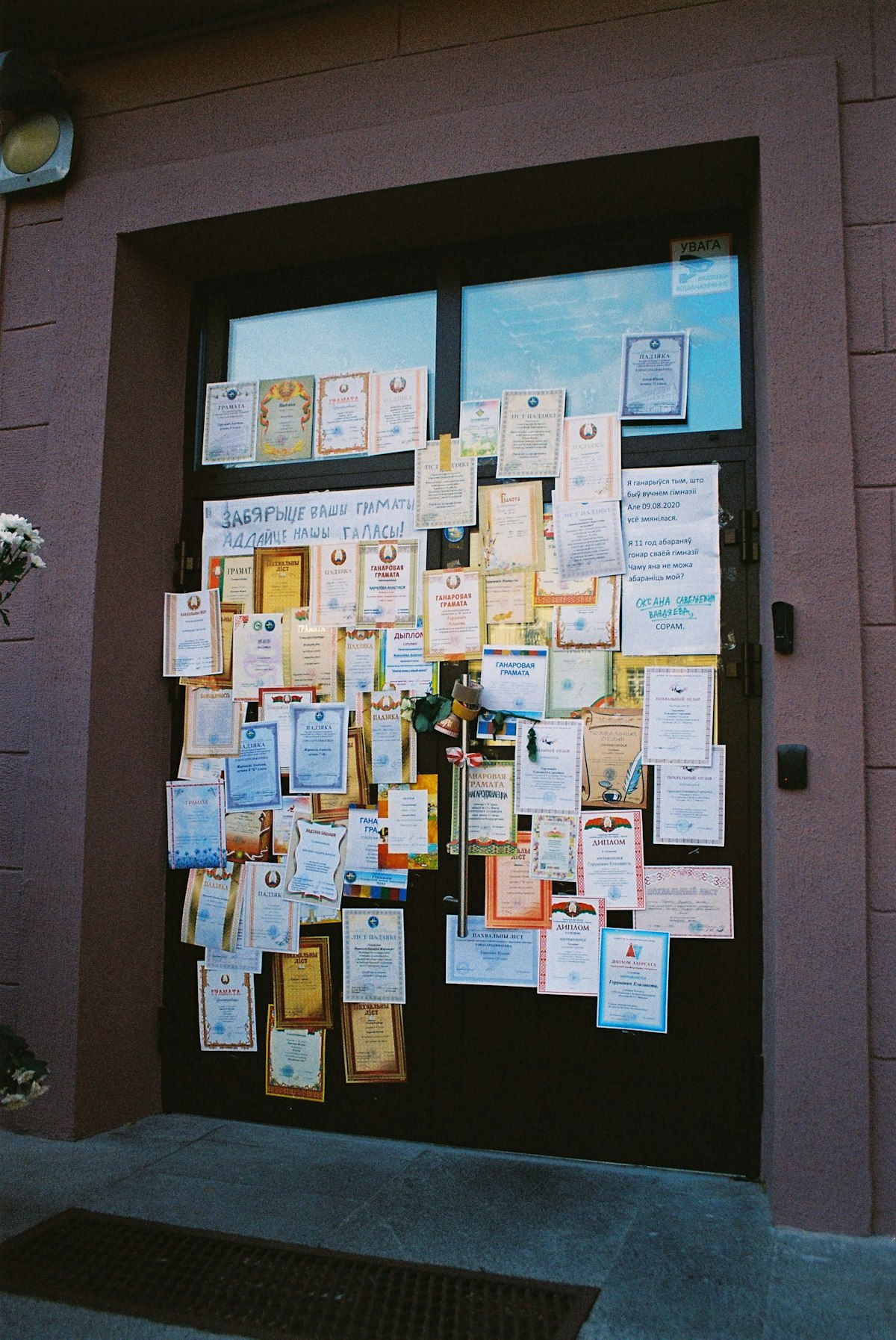SSL Certificates: Ensuring Secure Connections for Your Website

SSL Certificates: Ensuring Secure Connections for Your Website
The internet has become an integral part of our lives, and it’s more important than ever to ensure that our websites, data, and transactions are secure. To do this, we need to use SSL (Secure Sockets Layer) certificates. SSL certificates are a type of digital certificate used to authenticate and encrypt data that is passed between a web server and a browser. In this blog post, we’ll discuss what SSL certificates are, why they’re important, and how to get one for your website.
Introduction
SSL stands for Secure Sockets Layer. It is an encryption protocol used to secure communication between a web server and a browser. SSL certificates are digital certificates that are used to authenticate and encrypt data that is passed between a web server and a browser. This ensures that the data is kept secure and cannot be intercepted or stolen by hackers or other malicious actors.
SSL certificates are important for any website that handles sensitive data, such as financial information or personal data. By using an SSL certificate, you can help protect yourself and your customers from potential security threats and create a secure environment for your website.
What is SSL Certification?
SSL is a protocol used to secure communication between a web server and a browser. It works by using encryption to ensure that the data being exchanged is kept secure and cannot be intercepted or stolen. SSL certificates are digital certificates that are used to authenticate and encrypt data that is passed between a web server and a browser.
SSL certificates are issued by a Certificate Authority (CA) and contain information about the organization that owns the website, such as its name, address, and contact information. When a user visits a website that has an SSL certificate, the browser will check the certificate and make sure that it is valid. If it is, the browser will then encrypt the data being sent between the web server and the browser.
There are several different types of SSL certificates available, each with their own level of encryption and authentication. The most common types of SSL certificates are Domain Validated (DV) certificates, Organization Validated (OV) certificates, and Extended Validation (EV) certificates.
Why Do You Need An SSL Certificate?
Using an SSL certificate on your website has several benefits, including:
Authenticates Identity
SSL certificates help to authenticate the identity of the website, meaning that visitors can be sure that they are visiting the website they intend to visit. The certificate contains information about the organization that owns the website, such as its name, address, and contact information. This helps to build trust with visitors and ensure that their data is secure.
Increases Security
SSL certificates are used to encrypt data that is sent between a web server and a browser. This helps to protect sensitive data, such as financial information and personal data, from being intercepted or stolen by hackers or other malicious actors. Additionally, by using an SSL certificate, you can help protect yourself from potential security threats and create a secure environment for your website.
Improves SEO
SSL certificates can also help to improve your website’s SEO (search engine optimization). Google has recently announced that websites that use SSL certificates are given a slight boost in their rankings, meaning that having an SSL certificate can help to improve your website’s visibility in search engine results.
How to Get an SSL Certificate
Getting an SSL certificate for your website is a relatively straightforward process. Here are the steps for purchasing an SSL certificate:
Steps for Purchasing an SSL Certificate
- Choose a Certificate Authority (CA) – There are several different CAs available, and it’s important to choose one that is reputable and offers the level of encryption and authentication that you need.
- Generate a Certificate Signing Request (CSR) – The CSR contains information about the website, such as its domain name, and is used to generate the SSL certificate.
- Submit the CSR to the CA – The CA will then review the CSR and issue the SSL certificate.
- Install the Certificate – Once the SSL certificate has been issued, it needs to be installed on the web server.
Once the SSL certificate has been installed, you should be able to see a green “Secure” symbol in the address bar of your website. This is an indication that the SSL certificate is working and your website is now secure.
Factors to Consider When Choosing an SSL Certificate
When choosing an SSL certificate for your website, there are several factors that you should consider. These include the type of certificate, the level of encryption, and the cost. Different types of SSL certificates offer different levels of encryption and authentication, so it’s important to choose one that is appropriate for your website.
The cost of SSL certificates can vary depending on the type, the level of encryption, and the Certificate Authority. It’s important to shop around and compare prices to ensure that you get the best deal.
Conclusion
In conclusion, SSL certificates are an important tool for ensuring secure connections between web servers and browsers. They help to authenticate the identity of the website, increase security, and improve SEO. It’s important to choose the right type of SSL certificate for your website, and to make sure that it is installed correctly.
We hope that this blog post has given you a better understanding of SSL certificates and why they’re important. If you’re ready to get an SSL certificate for your website, make sure to shop around to get the best deal.
Summary of Benefits
- Authenticates identity of website
- Increases security of data
- Improves SEO
Recommendations for Website Owners
- Choose a reputable Certificate Authority (CA)
- Choose the right type of SSL certificate for your website
- Make sure the SSL certificate is installed correctly
- Shop around to get the best deal
